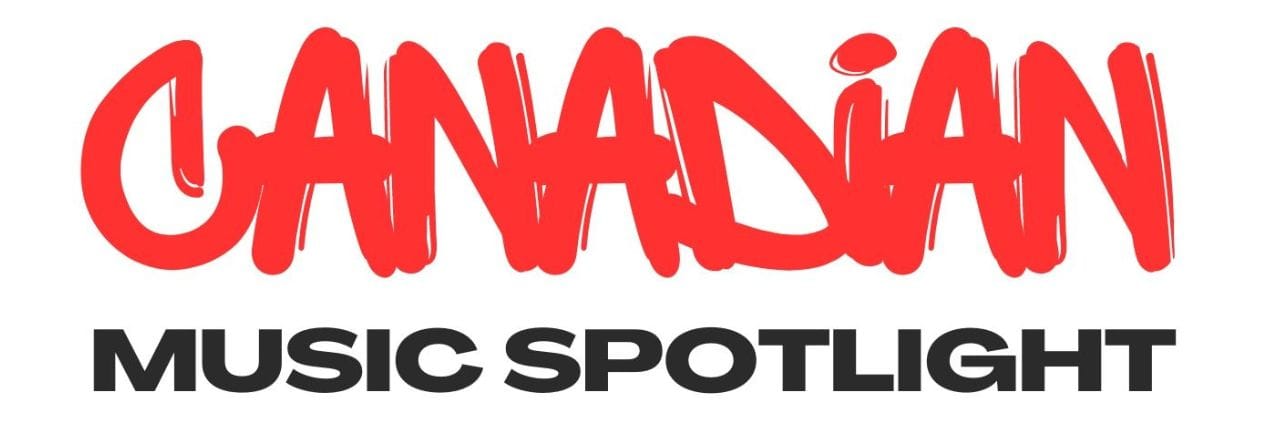The Tyranny of The Top Ten

By Les Stroud
“We will finally be rid of the tyranny of the top ten”, so paraphrased, was almost a throw away comment by my good friend, the immensely talented media personality Laurie Brown. Steeped in all aspects of the music industry, or especially the Canadian Music industry, Laurie Brown has been on the scene since the early 1980s. She never needed the advantage of her stunning good-looks to prove herself or make her point as a music journalist and interviewer. She was and always will be, brilliant and very capable of insightful commentaries and deep dives into what makes musicians and music itself tick in this country. She is a treasure trove of behind-the-scenes stories.
I first met Laurie when I was an associate producer for MuchMusic back when they actually played music videos. It was indeed the golden era of music videos with directors like Rob Quartley reigning supreme. Laurie hosted The New Music, a sort of magazine format, music information show, along with the main host Daniel Richler. On occasion I would get to work with them on various stories they were producing for that series - like the time we did an expose on Christian rock vs Satanic rock.
So now fast forward to just a couple years ago and I had the occasion to catch up with Laurie and interview her for my podcast Surviving Life With Les Stroud. I knew without a doubt, of course, that she would be articulate, intelligent and captivating in whatever subject she was about to expound upon. As soon as I saw her when we met in Toronto’s High Park to do the interview, my old young man crush flooded back and it might as well have been 1986.
But I happily digress. That’s not what this is about. You see during that conversation, which you can still hear online on my podcast, anywhere you get podcasts, she happened to go on about the advantages of the modern age of music creation. She dug into how artists have it so much better now that they do not have to rely upon the big record labels. Those money-hungry, tasteless, controlling corporate scums that only push out what they think is or should be popular. That last sentence is all mine by the way. During her much more articulate ramble is when she said, “We will finally be rid of the tyranny of the top ten”. Or something to that effect as I am paraphrasing from memory.
But I actually couldn’t shake that comment from my memory in fact. She referenced how a young band from some small town will know that they have a large audience of fans in Germany and they can go there and cater to them without the need for the corporate schmoes.
Then one day it occurred to me; I disagree. Yes, it seems ideal. Thanks to the Internet and high-quality home recording, there can be no more record label to force you to write and play crap music. You get to keep every penny your music makes. You remain in total control of your career, of your art.
But what career?
I will never defend the lying, stealing, controlling corporate record labels who operate with little to no ethics. They, no doubt, did a lot of damage to a lot of hopeful artists. Of course, let’s remember that so did a lot of managers and agents and lawyers. The record labels were not alone and often even teamed up with managers and agents and lawyers to take advantage of young artists. The music industry is legendary for just how awful it can be.
But the fact remains, no matter how popular my music may be in Belgium, if I am a local indie band with members working as baristas during the days, there is no way in hell we will ever make it to Belgium to play to a packed thousand-seat hall. This is what labels used to do. Pay for things. Lots of things. Very expensive things like plane tickets and hotels and promotions and merch development. Yep, they took even more than the lion's share when the profits came in, but just the same, they made it all happen. Aretha Franklin made ten albums that went nowhere before she recorded "Respect". Record labels used to allow an artist to grow. They were never responsible for the talent, but they helped by nurturing it. Artist and Repertories used to be a very powerful position within a label searching for, finding, or rather discovering as they used to say, the next big talent. Then spending years growing that talent. Who’s to say if we ever would’ve gotten a Joni Mitchel or Neil Young or Gordon Lightfoot without the support of corporate record labels. Rush took four albums to land on 2112 and as much as the record label hated it, they still paid for it to be recorded. Yes, Rush and Ray Daniels had their own label but they still needed to tie in with a bigger American label with big bucks to really move the needle.
I have been signed to two independent labels and both of them did a big doo doo in the bed when it came to promoting my work or even developing me as a talent. But that’s because it was after the golden era of labels and these indies just figured the Internet would take care of all the heavy lifting (it did not). (To be fair, they were also relying on my TV celebrity to carry the load, which I warned them time and again that it would not).
This article should not be titled “In Praise of Record Labels”, but it is sobering to remember that millions of dollars were spent and often lost rather than recouped, trying to turn a local artist into a superstar. The pre 2000’ labels were indeed rife with awful greedy human beings pulling the strings, but, they also made thousands of artists household names and very wealthy. Isn’t it interesting now that for all the hoopla about how great it is that everyone can get their music out to the masses, the biggest issue now is that none of us are getting paid for it. Sure we don’t have any advances we need to record 6 albums and then some to pay back the advances, but that’s also because we aren’t able to record 6 albums and release them with a solid promotional strategy and budget.
There’s no point or answer I’m getting to here except to say that in spite of it all and even given the fact that I am currently very much in control of my own artistic career, if Sony or whomever came to me and said we’ll give you a big advance and pay for you to develop yourself over the next three years and four albums, I wouldn’t hesitate to say yes. Food for thought when we all, as indie artists, gloat over the demise of the corporate recording industry (and Spotify keeps all our profits).
Les Stroud is currently in the process of releasing a new song every six weeks for the next three years. You can find his material on all music platforms and his music videos here:
https://www.youtube.com/@LesStroudMusic/featured
Website: www.lesstroudmusic.com
